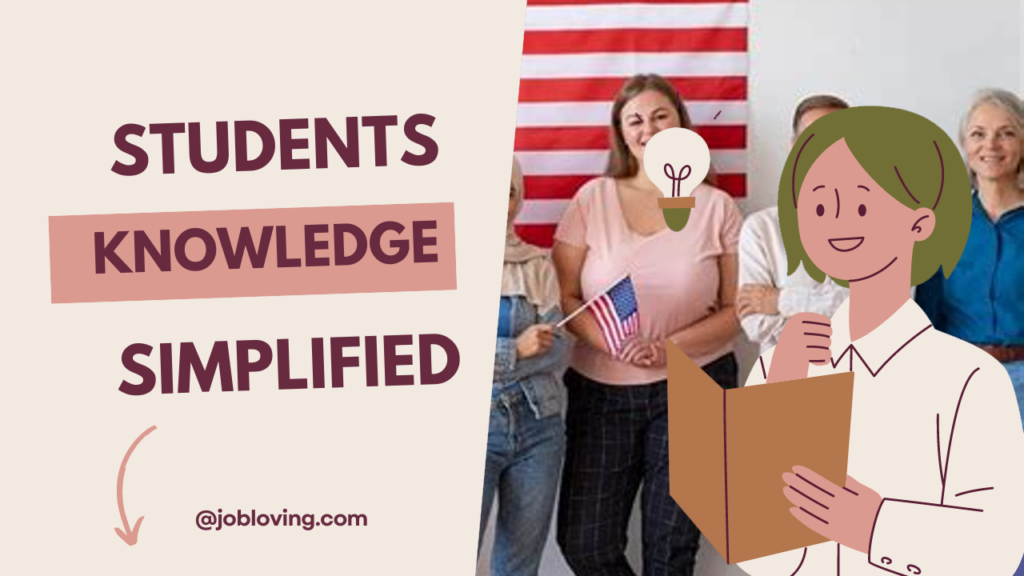If you’re dreaming big about studying in the United States, a crucial question arises: Who can sponsor you? Understanding the intricacies of visa sponsorship can make the difference between a smooth transition and a convoluted struggle. Parents and relatives often emerge as the primary sponsors, lending their financial support to help cover tuition and living costs. But there’s more to the story than just family; let’s dig deeper into the various avenues you can explore.
Your journey can begin with the support from family, who can step in by providing necessary financial documentation that demonstrates their capability to fund your education. This includes bank statements and assurances through Form I-134, which endorses their financial commitment. But these avenues go beyond parents and relatives; friends or family can also lend their support, albeit with a bit of extra documentation to establish their financial backing.
But what about other sponsors? <Non-family sponsors can also play a role. For those on a J-1 visa, for example, a written statement from a third-party sponsor can establish their commitment to support your education. If you’re seeking more innovative solutions, educational loans are an option too. Banks or financial institutions can not only provide loans but also serve as a financial sponsor, strengthening your application by demonstrating that you have access to funds necessary for your studies. A statement of solvency from your bank can further solidify your case, proving to the visa consulate that your finances are solid.
You might be surprised to learn there’s also potential support from employers. If you have a job offer lined up—and they’re willing to sponsor your F-1 visa—you could pave a golden path forward. Just remember, this usually comes with a commitment from the employer for a post-study job offer, which requires a fair bit of forethought on both sides.
For F-1 visa holders, the financial narrative gets even more crucial. A work permit is required for off-campus jobs, so it’s vital to showcase financial capabilities that don’t depend on work during your studies. Hence, securing sufficient funds to cover tuition and living expenses for at least a whole year becomes paramount.
Aside from personal and external funding sources, consider tapping into scholarships, fellowships, and assistantships provided by U.S. universities. Even though these forms of aid generally do not count as sponsors, they can make your financial situation far more appealing to visa officers.
Don’t forget the technicalities: your financial evidence must cover at least 12 months of tuition and living costs, meaning you need to bring your financial A-game. Ordinary bank statements won’t suffice; institutions require proof of liquid cash, ensuring you have accessible funds to sustain your studies without jeopardizing your visa application.
It’s also essential to connect with Designated School Officials (DSOs) in your target institution. They can guide you through visa processes and compliance requirements, ensuring all your documentation meets the necessary specifications.
In summary, various parties can support your student visa application in the U.S.; from family and friends to educational loans, and potential employers. Each sponsor must validate their ability to cover the educational expenses effectively, creating an intricate web of financial stability that must appeal to visa authorities. The right alignment of documentation and clear financial backing from credible sources places you on a strong footing, heightening your chance of successfully obtaining that coveted student visa.
So gear up, gather your documents, and align your finances! The world of education in the U.S. is vast and exciting, just waiting for you to embark on this thrilling journey. Remember, a qualified sponsor with solid financial backing can be the crucial boost to your dream of studying abroad!
What types of financial support can international students seek for their studies in the USA?
International students can seek financial support from various sources, including grants, family contributions, government organizations, private companies, scholarships, fellowships, and assistantships. Additionally, personal funds and nonprofit sponsors can also play a role in supporting students financially.
How does the financial capability of a sponsor impact the F-1 visa application process?
A strong financial background of sponsors significantly enhances the chances of obtaining an F-1 visa. Applicants must demonstrate adequate financial resources to cover tuition, living expenses, and additional study-related costs, which is crucial for visa approval.
What documentation is necessary to prove financial support for a student visa application?
To prove financial support for a student visa application, students must provide documentation such as Form I-134, bank statements covering three years, solvency letters from banks, and proof of one year’s tuition and living costs. Transparency and truthfulness in these documents are vital for successful outcomes.
Why is it important for students to have sponsors from their home country rather than from the USA?
Having sponsors from the home country is advisable because it strengthens the applicant’s ties to their home nation, which is crucial for demonstrating intent to return after studies. This can positively influence the visa application process, as consular officers assess the applicant’s intent to study rather than immigrate.

